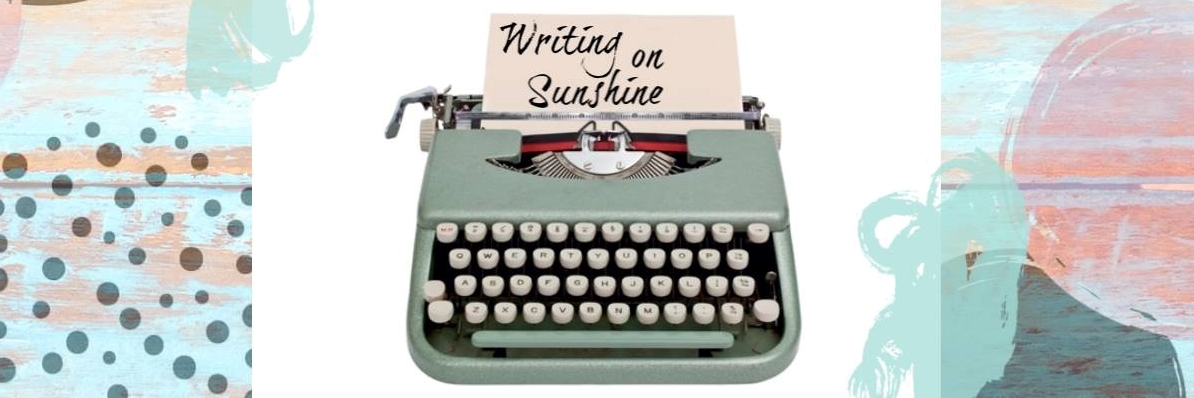For Brittney Groves, now 17, cartoons and toys had to wait until she was done giving her father his Alzheimer’s medication or keeping him occupied and safe.
Brittney’s father started to show signs of dementia when she was born, but by the time she started kindergarten “it all started to come loose,” says her mother, Sandra Groves.
“Those two were as thick as theives,” Groves says. “He used to be easy-going, but then he became snaky and snotty. She couldn’t do anything with him anymore and she couldn’t understand why.”
Angela Arsenio, project manager of the Powerhouse Project Young Carers Initiative(YCI), says it’s especially difficult for a child when someone they love has Alzheimer’s or other forms of dementia.
“A lot of the times with children the challenge is that the person they knew before is still here, but that person is really not the same. So some of the activities and fun things they used to do with that person, they can’t do anymore,” she says.
Brittney says it was hard when she younger because her relationship with her father changed completely.
They used to take long walks and loved looking at cars and boats. Then one day all of it stopped.
Brittney took on a parental role, along side her mother, and one of her most important tasks was to make sure her father took his medication.
“He wouldn’t co-operate for me,” says Sandra. “But she’d wrap him around her little finger and he’d co-operate for her. He could be quite the handful, but Brittney helped out so much. She’d bake him a pie or figure out another way to keep him occupied. One of the things he loved to do was the dishes. So she’d be in the kitchen with him just doing dishes.”
Brittney says at times it was hard to cope, but being surrounded by supportive people and having someone to talk honestly with helped her deal with the stress.
Sandra says children need to be able to talk and shouldn’t feel guilty about bad feelings they may have about the person with dementia.
“Let them know it’s not their fault,” she says. “Don’t minimize their feelings and keep communication open. Let them say what they need to and respect what they say,”
Arsenio agrees. “Let them acknowledge how they feel. A lot of time they feel guilty or sad or uncomfortable,” she says. “Let them know their feelings are real. Let them know how valued their care giving is.”
Sandra equates having to cope with a loved one’s Alzheimer’s to a repetitive death.
“Every time there’s a funeral and somebody dies you have closure. They’re dead. They’re in a casket. They’re buried,” she says. “A person with dementia…it’s like a part of him dies. He’s not the person you remember- but he’s still here. So everything you’ve built with him is no longer there. What do you do? You grieve.”
And you keep grieving over and over, she says.
Brittney connected with other children dealing with the same circumstances as she through programs such as Treasured Memories organized by the Alzheimer Society of Niagara Region (ASNR).
Treasured Memories is a workshop where children can share their experiences and realize they are not as isolated as they feel.
Brittney says she made friends for life and is grateful for all the support she received. “ It was great just talking to people who understood.”
Brittney, a grade 12 student at Thorold Secondary School, says it’s important for children to participate in something they enjoy doing and getting time to just be a kid.
“Reading and my pets were my escape,” she says. And art was also very important to her. “Whenever he (her father) was in a bad mood I’d just go and draw.”
Brittney volunteers to help children deal with the pain of having a loved one with dementia and has given many lectures on the topic. Her story and drawings have also been used in literature used by both ASNR and YCI.
“Brittney has accomplished so much,” says Sandra. “And she’s very confident and independent. She has great leadership skills and has such a good influence on people that even her teachers ask her to help them out with students.”
Arsenio says because they‘ve had to take on such a key role within the family unit, young carers usually become “extremely responsible. They’re very mature and comfortable with decision making and have confidence in themselves.”
Brittney’s father now receives permanent care in a hospital, and Brittney says she is relieved that her care-giving role is over.
“She gets to be a kid again,” says Sandra.
For more information about Alzheimer’s Disease please call (905) 687-3914
For more information about the Young Carers Initiative please call (905)834-3639 ext. 276
Or visit the following websites:
http://www.youngcarers.ca/
http://www.alzheimerniagara.ca/
Article Originally Published by Welland Tribune -2009

No comments:
Post a Comment